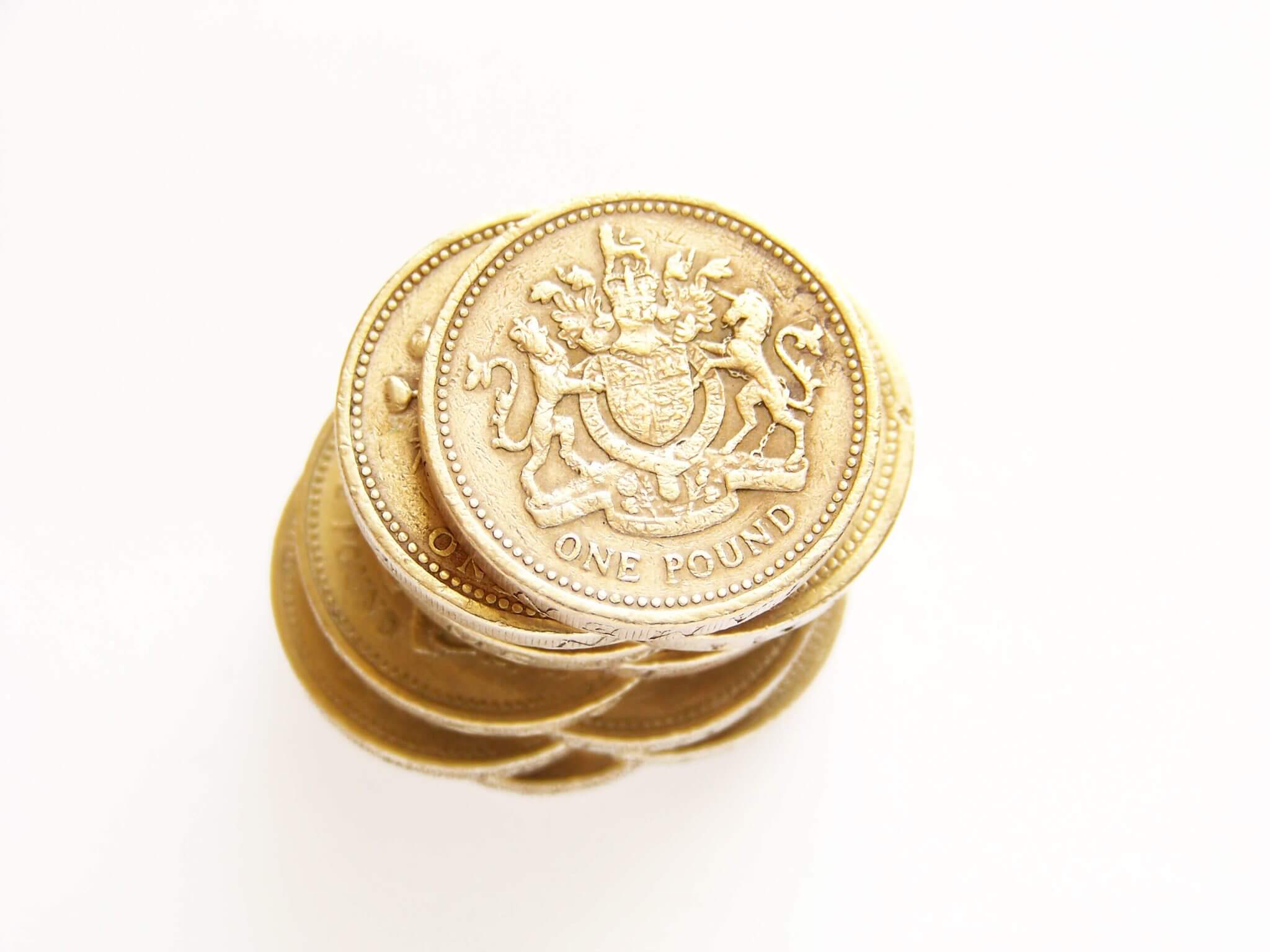When you decide you’re ready to take out a mortgage, the last thing you want is to get denied for submitting an application that’s not airtight. So, before applying for your first mortgage loan, try to know all there is to know about building a good credit profile and how to stay credit-worthy.
According to All Reverse Mortgage Inc (https://reverse.mortgage/calculator), an American reverse lending company, “the principal limit or loan amount you can receive as a loan is dependent on several factors including borrowers’ ages, interest rates, property values or HUD lending limit.” All mortgage lenders want to lend to people who are not likely to default on their loans. This means your chances of getting a mortgage loan approved are much higher if you have a good financial history.
Here are a few things to check off your list to ensure you’re on track to making a successful mortgage loan application.
1. Take a Critical Look at Your Credit Report
Bad credit loans do not come with the most favourable conditions. Most lenders will take a thorough look at your credit report before they consider lending you money at decent rates, so to make things easier for yourself; you should analyse your credit report before they do. Get your credit report from the major credit bureaus and analyse it carefully to ensure you\’re credit-worthy. The more creditworthiness you\’re judged to possess, the better rates you\’ll be able to get from lenders.
If you have ever been a victim of identity theft, this information could appear on your report and ruin your credit. A sign of identity theft includes mysterious account opening statements listed in your credit account. If you find this out on time, there are ways to remove fraudulent information from your credit report before your potential lenders review the information. This may require filing a police report.
Also crosscheck your personal information, especially your name, social security number, and address to ensure they\’re correct. Confirm that any loans in your report have been reported correctly with the right details. Any errors made by the bureau on your report can disputed if you contact them via their website. These errors would be investigated and possibly fixed to have your credit in good shape for your application.
Sometimes you may find some unfavourable items on your report that are not due to fraud or errors but your fault. Examples are liens, bankruptcy, accounts in collection, and delinquent loan repayments. The good news is that there are ways to clean up your credit before your mortgage application.
2. Build or Improve Your Credit Scores
According to recent statistics, one in every 5 young Americans does not know their credit scores. Sometimes while trying to analyse their credit reports, people realize they do not have sufficient information on their credit report to be assigned a credit score.
Some others may find they do not even have credit report at all, while others have reports filled with items that are damaging to their overall credit scores. In such situations, you\’ll have no option but to start building and improving your credit score as fast as possible.
There are a few things one can do to improve their credit score. Firstly, if you have no credit score at all, open new credit accounts with major lenders and start to create a good track record of paying off your loans on time. This would subsequently go into your credit report. If you already have a credit report but a bad credit score then you could change this by making all your credit repayments on time. If you’re having a hard time doing this, you could reach out to the lender and set up a new repayment plan that is easier to pay off. You should also start to avoid late bill payments and try to maintain a low balance on your credit cards and lines of credit.
3. Gather Up The Required Documents
Most lenders would want to see some documents before lending you any substantial amount of money, so you need to gather these documents on time in reparation for your application.
Common documents requested include credit and bank statements, payslips or other documents to show your earnings if self-employed, documents that show your list of liabilities and reoccurring expenses, a means of identification and proof of current address, explanations for bulk deposits in your statement and any additional paperwork your lender of choice may require.



























